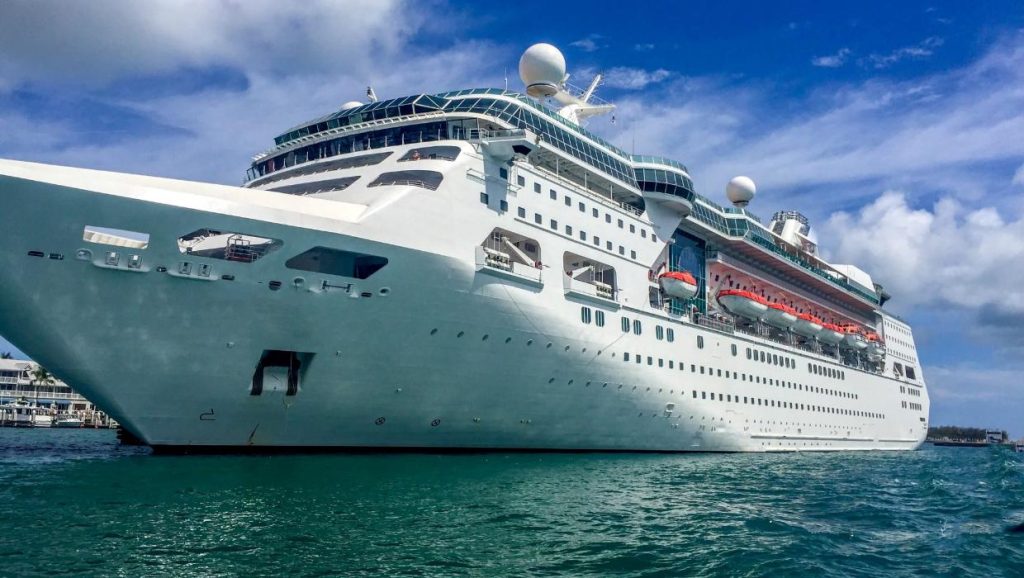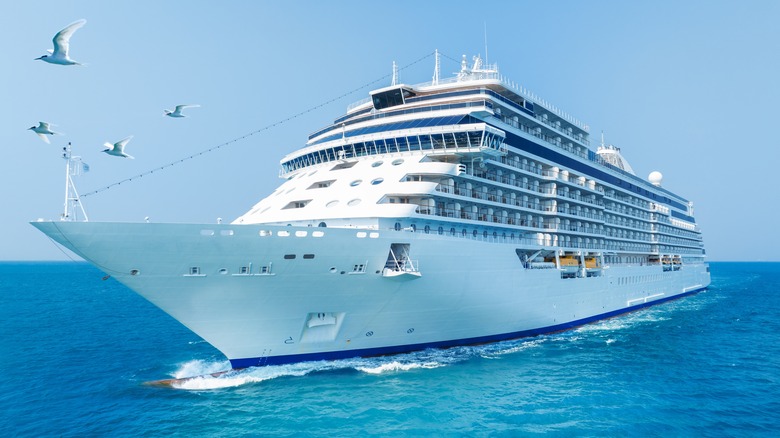Cruise ships aren’t only about sunshine and relaxation they’re floating cities where emergencies must be handled swiftly and discreetly. To prevent panic and confusion, crew members rely on secret codes over the PA system. While many exist, three in particular should unsettle every passenger.
Operation Rising Star & Operation Brightstar
If you hear Operation Rising Star or Operation Brightstar, take note. These announcements typically signal a serious medical emergency—or in the case of Rising Star, a death on board—on Carnival and Disney ships. Bounce.com CEO Cody Candee explains that such alerts prompt immediate action:
“If you hear Operation Rising Star, there is no need to be alarmed. The cruise staff will have already informed who the deceased was travelling with before making an official announcement … Cruise ships also have … a morgue on board in case of fatalities.”

Brightstar is reserved strictly for medical crises, often when a doctor or nurse is urgently required. These alerts allow crew members to respond quickly while keeping passengers calm.
Echo, Echo, Echo: Brace for Collision
Hearing “Echo, echo, echo” broadcast repeatedly across the ship is cause for alarm: it typically means a collision threat is imminent—whether with another vessel, a dock, or due to turbulent weather. Candee warns: “Normally repeated three times, ‘echo, echo, echo’ can mean ‘brace for collision’. This could indicate an impact with another ship or land, as well as dangers posed by strong winds or drifting while in port.”
Passengers should assume this warning seriously and follow all crew instructions for securing themselves and avoiding hazardous areas.
Oscar, Oscar, Oscar: Man Overboard Crisis
Perhaps the most chilling three-word alert is “Oscar, Oscar, Oscar”—the international maritime code for someone falling overboard. When issued, ships stop, launch lifeboats, and begin an intensive search-and-rescue mission. Candee emphasizes:
“When this happens, the ship will typically stop and launch a coordinated search-and-rescue operation … If you happen to hear this code while on deck, stay vigilant. And if you spot someone in the water, immediately inform a cruise worker.”
When Oscar is called, passengers are urged to stay clear and let trained crew handle the response.
Other Vital Codes to Know
Beyond the big three, cruise ships use additional coded terms to manage emergencies:
- Alpha, alpha, alpha – medical emergencies on Royal Caribbean and Norwegian vessels
- Bravo, bravo, bravo – fire alerts on many ships (though in Carnival, it can also indicate a man-overboard)
- Charlie, charlie, charlie – security threats or major weather alerts on some lines
- Delta, delta, delta – potential hull damage or biohazards
- Kilo, kilo, kilo – summons all crew to emergency stations
- Purell, purell, purell – a Celebrity Cruise-specific code for vomit clean-up
- Zulu, zulu, zulu – indicates a fight or altercation onboard
- These codes exist only to coordinate crew responses without alarming guests, preserving calm and efficiency.
Why Codes Matter
As retired crew member Lucy Southerton observes, a direct announcement of panic-inducing events—like “fire” or “man overboard” —could incite chaos. Codes ensure only trained staff respond, while guests remain peaceful and unaware of the full extent of the incident.

What You Should Do
- Stay calm. The crew is trained and ready to respond.
- Pay attention. If evacuation instructions follow, comply immediately.
- Keep distance. During serious alerts, stay clear of the incident area.
- Report sightings. Especially during an Oscar call, use binoculars if available and alert crew at once.
Final Word
Cruise ship codes—from Rising Star to Oscar—aren’t arcane jargon; they’re vital safety tools. By remaining calm, alert, and responsive, passengers can support smooth operations and aid in emergencies—ensuring that help reaches where it’s most needed, and the rest of the voyage stays peaceful.

















